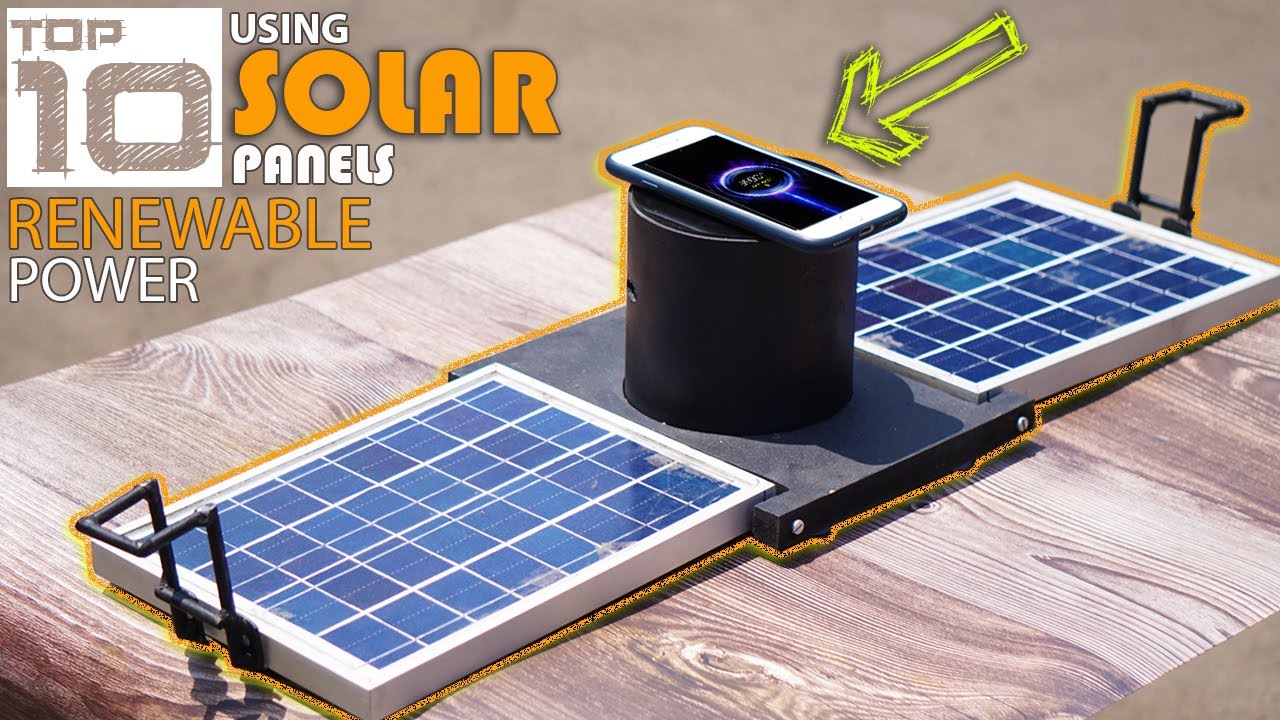Exploring Renewable Energy through Education
Renewable energy is a critical topic in today’s world as we strive to reduce our carbon footprint and transition towards sustainable energy sources. High school students play a vital role in shaping the future of energy sustainability, and one of the best ways to empower them is through education. Textbooks are a fundamental resource for students to gain in-depth knowledge about renewable energy technologies, policies, and practices.
Why Choose Renewable Energy Textbooks?
Renewable energy textbooks provide a comprehensive understanding of various renewable energy sources such as solar, wind, hydro, geothermal, and biomass. These textbooks cover the principles, applications, and challenges associated with each renewable energy technology. By studying these textbooks, high school students can develop a strong foundation in renewable energy and gain the necessary skills to become future leaders in the field.
The Importance of Quality Textbooks
Choosing the right textbooks is crucial for high school students to receive accurate and up-to-date information on renewable energy. Top 10 Renewable Energy Textbooks for High School Students offer a wealth of knowledge and insights that can inspire students to pursue careers in renewable energy and contribute to a more sustainable future.
Top 10 Renewable Energy Textbooks for High School Students
-
Renewable Energy: Power for a Sustainable Future
This textbook provides a comprehensive overview of renewable energy technologies and their impact on the environment.
-
Sustainable Energy – Without the Hot Air
An engaging textbook that explores the myths and realities of sustainable energy solutions.
-
Introduction to Renewable Energy
A beginner-friendly textbook that covers the basics of renewable energy sources and their applications.
-
Renewable Energy Resources
This textbook delves into the various renewable energy resources available and their potential for widespread adoption.
-
Principles of Sustainable Energy Systems
An in-depth textbook that discusses the principles and design of sustainable energy systems for a greener future.
-
Renewable Energy: Technology, Economics, and Environment
This textbook explores the intersection of technology, economics, and the environment in the context of renewable energy.
-
Wind Energy Explained
A specialized textbook that provides a detailed understanding of wind energy and its potential as a renewable resource.
-
Solar Energy Engineering
This textbook focuses on the engineering aspects of solar energy systems and their practical applications.
-
Hydropower Engineering
An insightful textbook that explores the engineering principles behind hydropower generation and its role in renewable energy.
-
Biomass Energy: A Sustainable Resource
This textbook examines the sustainable use of biomass as an energy resource and its implications for the environment.
Empowering the Next Generation of Renewable Energy Leaders
By studying the Top 10 Renewable Energy Textbooks for High School Students, young individuals can gain a profound understanding of renewable energy technologies and their significance in combating climate change. These textbooks not only educate students about the importance of renewable energy but also inspire them to pursue careers in the field and drive innovation in sustainable energy solutions.
Conclusion
Investing in renewable energy education is essential for fostering a sustainable future. High school students can benefit greatly from studying Renewable Energy Textbooks as they offer a comprehensive and insightful exploration of renewable energy technologies and practices. By equipping students with the knowledge and skills needed to address the challenges of climate change, we can empower the next generation to lead the transition towards a cleaner and greener world.


